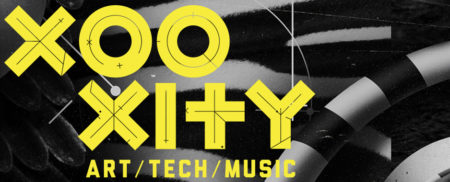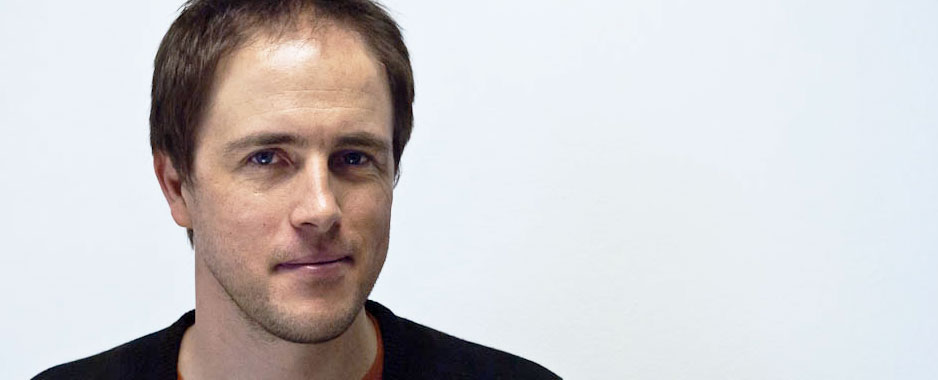
Most of us take it for granted that we own our own bodies. The establishment of human rights took care of that issue two centuries ago. But what about our DNA, the most basic building block of our bodies?
We spread our DNA wherever we go, shedding skin flakes, hair follicles, saliva and sweat. Once we’ve shed it, though, do we still own it? In a panel discussion at this year’s South By South West (SXSW) Interactive Festival, an eminent geneticist and a digital marketer discussed the exciting, disturbing and problematic future of genetic marketing.
Paul Saarinen, a digital strategist for Yamamoto, opened the panel by pointing out how much of our personal data is already being used to market to us. Credit card companies can build incredibly detailed profiles of us based on our spending patterns. According to Saarinen, these companies “can predict up to two years in advance with 98% accuracy whether you’ll get a divorce, but they have no obligation to tell you”.
So what happens when we add genetic data to this mix? It’s not as unlikely as it sounds. Scott Fahrenkrug, an eminent genetics professor turned genetic entrepreneur, recalled how two decades ago they began to hope DNA sequencing would follow Moore’s Law (the tendency of microchips to double in power and halve in price every 18 months).
“It didn’t follow Moore’s Law — it crushed Moore’s law. DNA sequencing currently costs US$1 000 but it will soon will cost $10 and will eventuality be so cheap that it’s effectively free,” Fahrenkrug explained. “That means we’ll literally have a Tricorder (a sci-fi medical device from Star Trek) — just point it at DNA and ‘boom’.”
This opens up some very scary possibilities. You’re a big breakfast cereal manufacturer and you want to know the profile of the customers touching your products at a supermarket? Just scan the skin flakes on the shelves and get a profile.
But “personalised” DNA marketing is a far more uncomfortable prospect for most of us than the kind of DNA “dragnet” described above. “What happens when McDonald’s has access to my genetic data?” pondered Fahrenkrug. “Do they send me a coupon for the burger, which my genes confirm I will like, or do they send me one for the salad, which my genes imply I should rather be eating? What’s their margin on a burger versus salad?”
What if we want to opt out of all this prodding and probing, keeping our DNA private? That may not be possible either. “You actually don’t own your DNA” explained Saarinen. For precedent, he cites the famous case of Henrietta Lacks who died of cervical cancer in 1951. Doctors used (and continue to use) her cells for groundbreaking research, but her family got nothing.
“Legally, as soon as the body or material is disposed of it becomes public domain,” warns Fahrenkrug. That means that a company could, potentially, collect DNA data from you without your express permission. Given how cheap and easy it will be, we’re glimpsing a possible dystopic future that looks a lot like the science fiction movie Gattaca.
Even the vast amount of data in genetic code, which used to be daunting, is no longer a problem. “Your DNA sequence is only about 6GB,” Saarinen points out. When you look at services such as Facebook and Google you realise we already have the technology to process entire populations of people at that scale.
So, what’s the solution? Obsessively vacuuming up our DNA wherever we go? Saarinen and Fahrenkrug propose that we start exploring legal and ethical frameworks for this revolution now, before it is too late. Together they are founding Miinome, an opt-in service that will act as a kind of “genetic equity broker” — protecting and licensing your DNA in the same way as intellectual property.
Regardless of whether we see our own DNA as “copyright” or “open source” we all need to start thinking a lot harder about this issue. This isn’t coming next century — it’s coming in all our lifetimes. And, as Fahrenkrug said: “None of us wants to see Gattaca come true.” — Alistair Fairweather, TechCentral
- Subscribe to our free daily newsletter
- Follow us on Twitter or on Google+ or on Facebook
- Visit our sister website, SportsCentral (still in beta)




